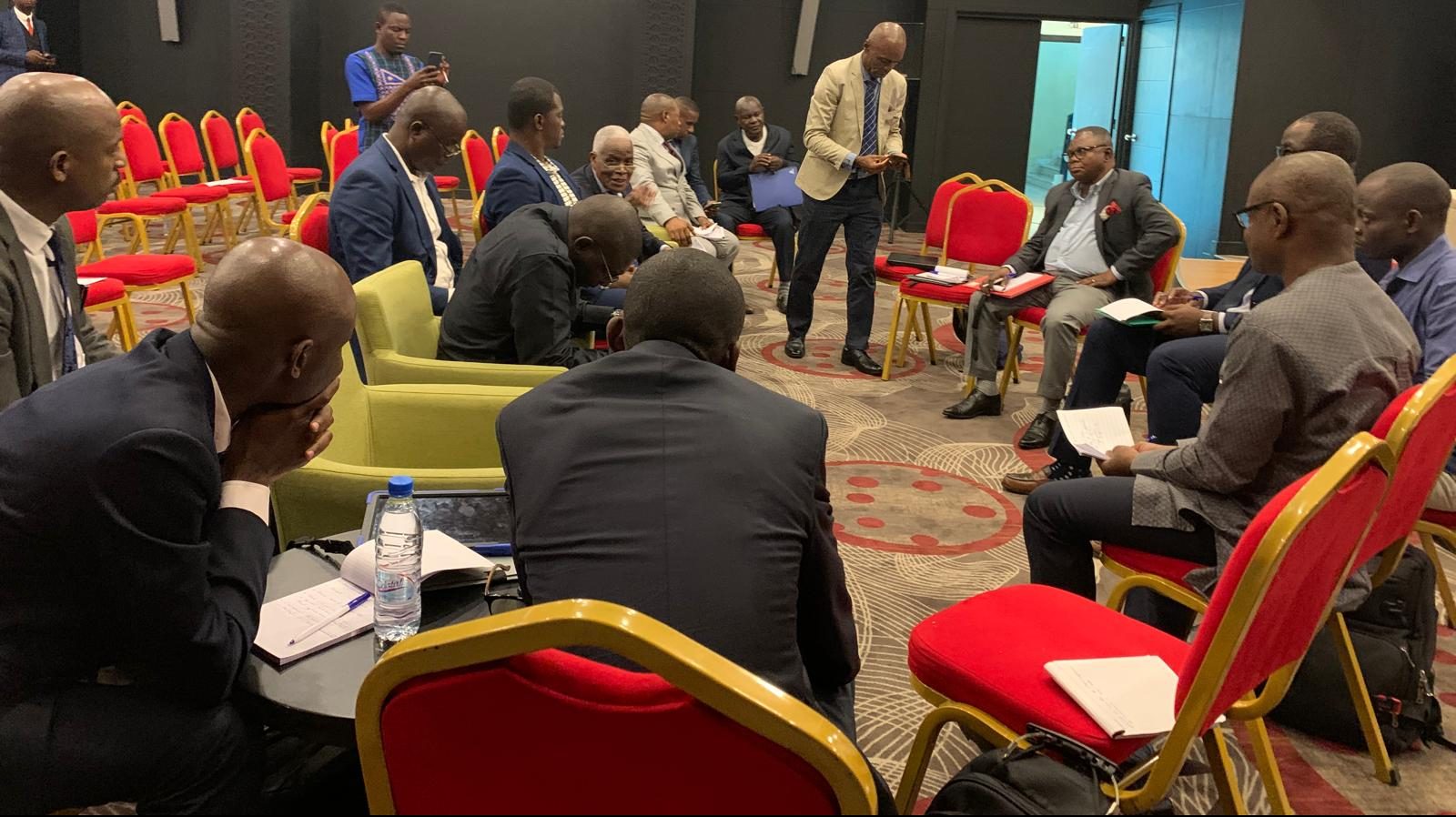
Title: The Crucial Role of Accountability in Local Governance: Insights from Africa
Accountability forms the bedrock of effective local governance, promoting transparency, integrity, and trust between citizens and their local authorities. It encompasses various aspects such as planning, programming, service delivery, and monitoring and evaluation. This article delves into the significance of accountability in local governance, drawing insights from several examples and case studies across Africa
1. Planning:Accountability in local governance begins with robust planning processes that involve citizens and stakeholders. By engaging the community in decision-making, accountability is fostered as local authorities are held responsible for fulfilling their commitments. In Uganda, the Participatory Integrated Development Planning (PIDP) approach has empowered communities to actively participate in local planning, resulting in successful projects and improved service delivery
2. Programming:Effective programming is essential to address the diverse needs of local communities. Accountability ensures that funds allocated for projects are utilized appropriately and that the programs are implemented as intended. South Africa’s Expanded Public Works Programme (EPWP) is a notable example. By providing employment opportunities, the EPWP has uplifted disadvantaged communities while being subject to rigorous monitoring and evaluation, ensuring transparency and accountability
3. Service Delivery:Accountability plays a pivotal role in ensuring efficient and equitable service delivery to citizens. It holds local authorities responsible for providing essential services such as water, sanitation, healthcare, and education. In Kenya, the Huduma Centres have been instrumental in improving service delivery by offering a one-stop-shop for various government services. The centers are monitored through citizen feedback mechanisms and performance evaluations, promoting accountability and responsiveness
4. Monitoring and Evaluation:Accountability is reinforced through robust monitoring and evaluation mechanisms that track the progress and impact of programs and projects. These mechanisms enable local authorities to identify areas for improvement and ensure resources are utilized optimally. In Ghana, the District League Table (DLT) has been introduced to monitor the performance of local governments. This ranking system enables citizens to hold their local authorities accountable for service delivery and promotes healthy competition among districts
Accountability serves as a cornerstone for effective local governance in Africa, fostering transparency, citizen participation, and trust. Through inclusive planning, responsible programming, improved service delivery, and rigorous monitoring and evaluation, local authorities can be held accountable for their actions and decisions. The examples and case studies highlighted in this article demonstrate the transformative power of accountability in improving the lives of citizens and ensuring the efficient utilization of resources. As Africa continues to strive for sustainable development, accountability in local governance remains crucial for achieving equitable and responsive governance systems.
